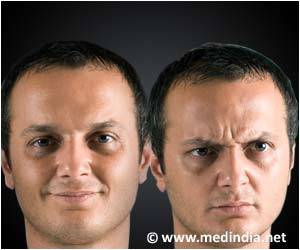Psychiatry researchers are working to identify specific types of patients, through their individual genetic variations.
As in most fields of medicine, psychiatry researchers are working to identify specific types of patients, through their individual genetic variations, that may better benefit from particular drugs or combinations of drugs than other patients.
A new study, published in Biological Psychiatry’s December 1st issue, investigated whether depressed patients with a particular genetic variation would better respond to the addition of lithium to their treatment regimen, as opposed to an antidepressant-only treatment.Adli and colleagues recruited acutely depressed patients who were unresponsive to an antidepressant-only treatment, and augmented their therapy with lithium, the most common medication used to treat bipolar disorder. They then genotyped these patients for variations in the GSK3B gene. This gene codes for the enzyme glycogen synthase kinase 3-beta, which is inhibited by lithium. Mazda Adli, M.D., corresponding author on the project, explains their findings: '[We] found that antidepressant non-responders with depression show a significantly better response to a subsequent lithium augmentation if they carry at least one C-allele as opposed those patients carrying two T-alleles, which is in line with the previous findings regarding this genetic polymorphism.' In other words, patients who carried a specific genetic variation, the C-allele, were more likely to get better with the addition of lithium to their treatment than patients with other variations of the GSK3B gene.
John H. Krystal, M.D., Editor of Biological Psychiatry and affiliated with both Yale University School of Medicine and the VA Connecticut Healthcare System, comments, 'Over the past several years, preclinical studies have suggested that GSK3-beta was a key molecular switch related to the clinical effectiveness of lithium. This hypothesis is supported by this report from Adli et al. They find that variation in the GSK3-beta gene is related to lithium response in patients, further implicating GSK3-beta as a potential target for antidepressant treatment.' Dr. Adli adds, 'If replicable, the findings of this study could be an important step towards an individually tailored antidepressive treatment plan for patients with depression as well as for the identification of possible new drug targets.'
Source-Eurekalert
KAR/P








